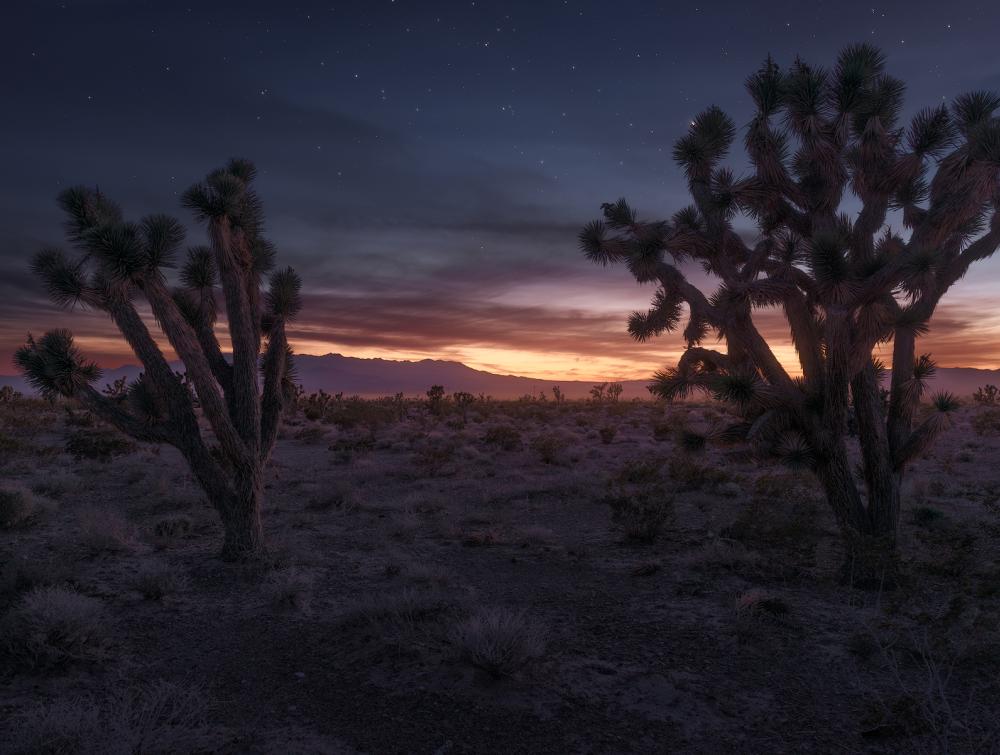Bill would stop oil and gas companies from squatting on public lands to pad their asset sheets

Pahrump Wash, Nevada
Mason Cummings, TWS
Taking lands with low-development potential off the table from companies means BLM can manage them for better uses like conservation and climate resilience
Today, Senator Cortez Masto and Representative Lee reintroduced the End Speculative Oil and Gas Leasing Act that would prohibit oil and gas leasing on public lands that have little to no potential for fossil fuel development, preventing oil and gas companies from squatting on millions of acres of land that the Bureau of Land Management could instead be managing in ways that benefit communities, protect wildlife, and pave the way for a clean energy future. The bill would reprioritize the Bureau of Land Management’s administration of these lands for purposes such as wildlife habitat conservation, watershed health, outdoor recreation and renewable energy development.
The Wilderness Society released the following statement in support of the bill:
“It’s past time we stop giving handouts and first dibs to oil and gas companies on public lands. This bill will help rein in companies who are hoarding millions of acres of public lands that could instead support things like climate resilience, conservation, responsibly deploying renewable energy, or the nearly $900 billion outdoor recreation industry that’s helping local economies across the West,” said Justin Meuse, Government Relations Director at The Wilderness Society. “We’re counting on Congress to pass this bill to start adding some fairness and balance into the way BLM manages public lands – helping ensure they benefit all people, not just oil and gas CEOs.”
Despite the limited drilling potential on “low potential” lands, oil and gas companies continue to nominate and purchase these leases because holding more leases – of any kind – enables them to pad their balance sheets to look more favorable to investors.
Ending leasing on lands with low or no potential for oil and gas production would allow the Bureau of Land Management to spend its time and resources elsewhere and manage those lands in ways that put things like conservation, renewable energy development, and public access for hunting, fishing and camping first.
-
If lands are leased for oil and gas, they are often not managed for other uses like wildlife, recreation or wilderness.
-
In addition to the opportunity costs of not managing lands for climate or community benefits, leasing low potential lands creates burdensome administrative costs as the Bureau of Land Management expends time and public dollars on selling, issuing and monitoring leases.
-
Because the agency does not expect development to occur on them, leases on lands with low or no potential for drilling often do not contain adequate stipulations to protect land, water and wildlife – so in the rare case that companies do develop these leases, they lack these important environmental protections.
If passed into law, the End Speculative Oil and Gas Leasing Act would codify a clear, strong directive to the Bureau of Land Management to limit leasing and prioritize other uses, such as conservation, recreation or renewable energy, in areas without oil and gas development potential. Currently, if oil and gas companies nominate parcels for lease that are on low potential lands, the Bureau of Land Management rarely exercises its discretion to exclude those parcels from sales.
-
Despite the Bureau including a “preference” for offering acreage with high development potential in its November 2022 instructions for evaluating future lease sales, recent analysis shows the agency continuing to offer lots of acreage with low or no potential for development.
-
Because oil and gas leases are set for ten-year terms, the Bureau of Land Management’s approach to managing low potential lands leads to private property rights on public lands that will last for at least a decade, and likely longer given that leases can be extended, even when they are not producing.
The End Speculative Oil and Gas Leasing Act would also require the Bureau of Land Management to regularly update its reasonably foreseeable development scenarios which would help ensure the agency has, and is using, up-to-date data on development potential to make any leasing decisions – an important aspect of the administration creating and following a comprehensive climate plan for public lands that allows these lands to be part of the climate solution, instead of contributing to the problem.
###
For more information, contact Tony Iallonardo at newsmedia@tws.org.
